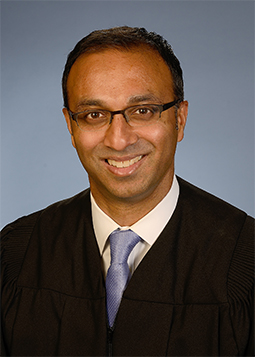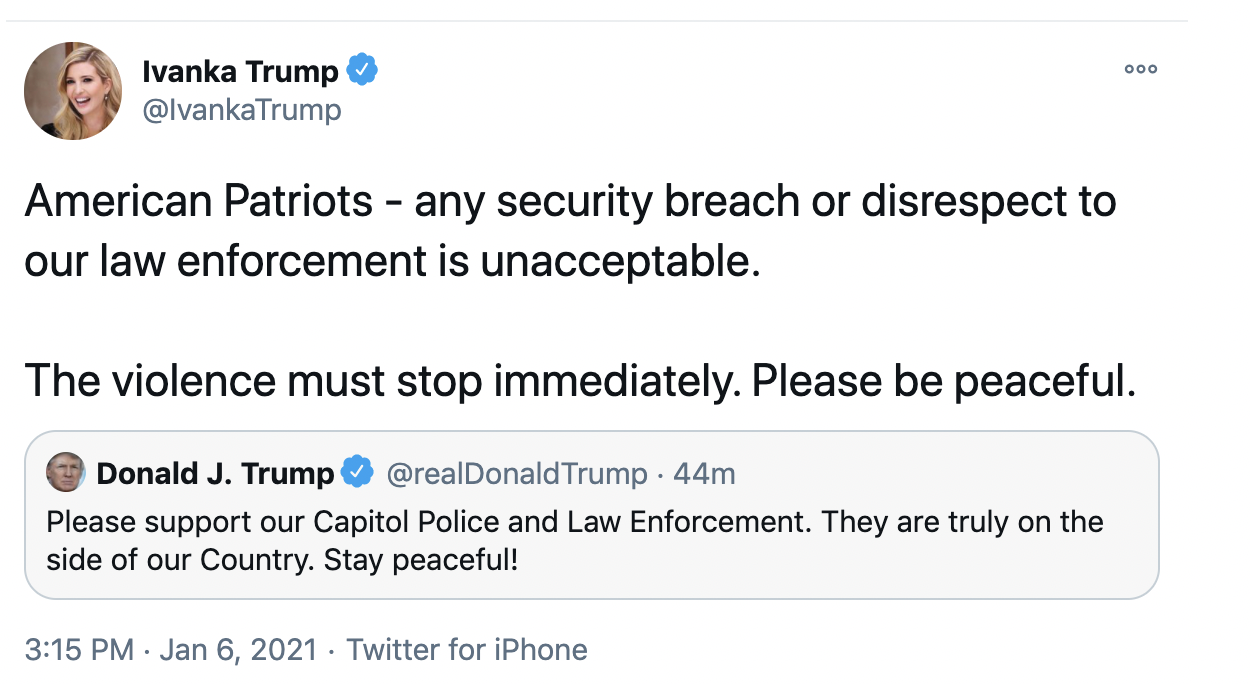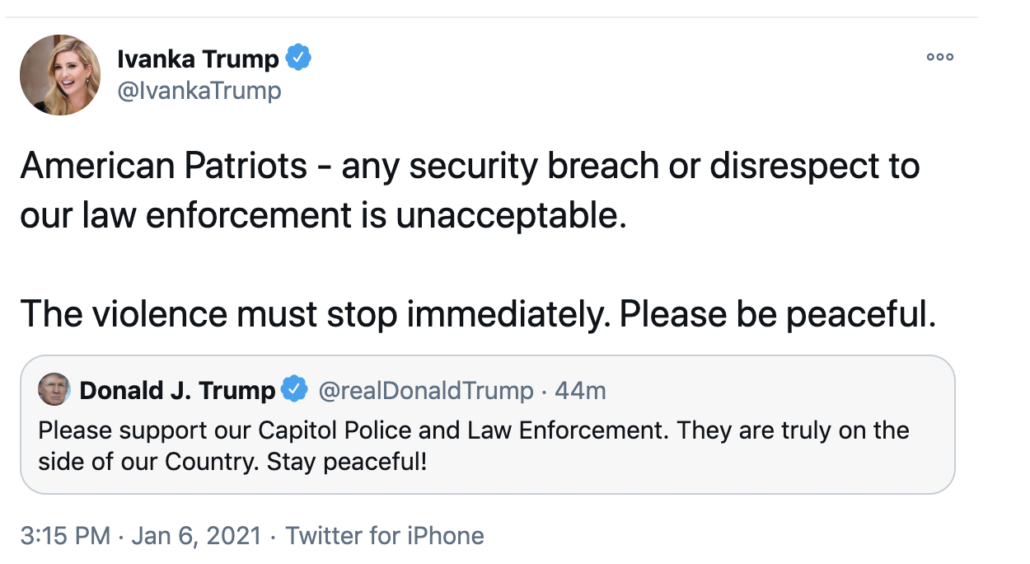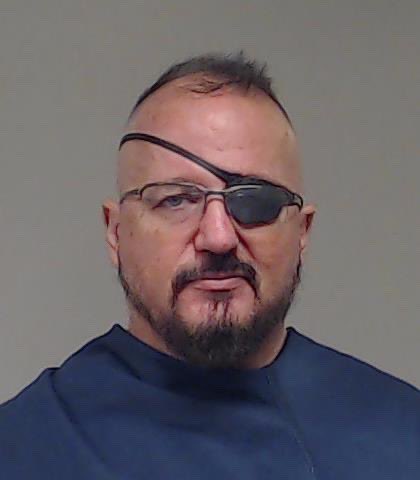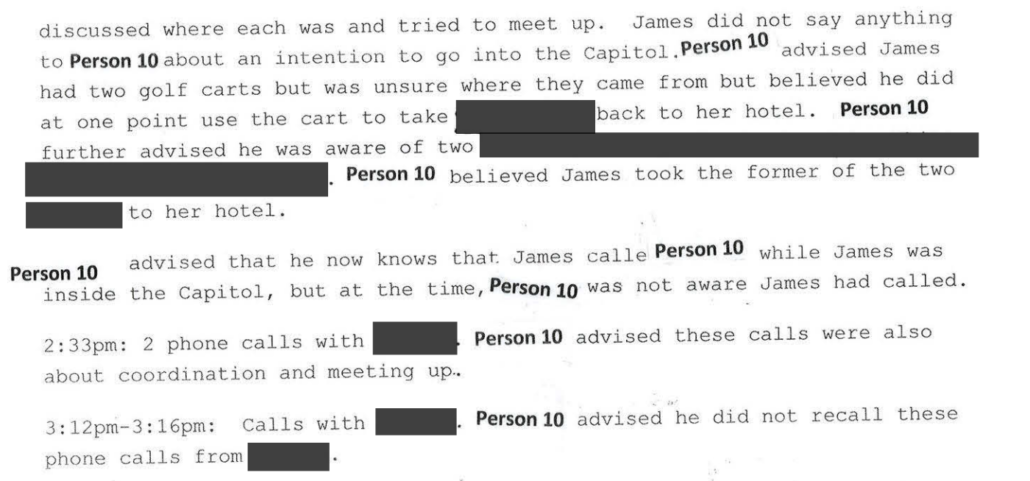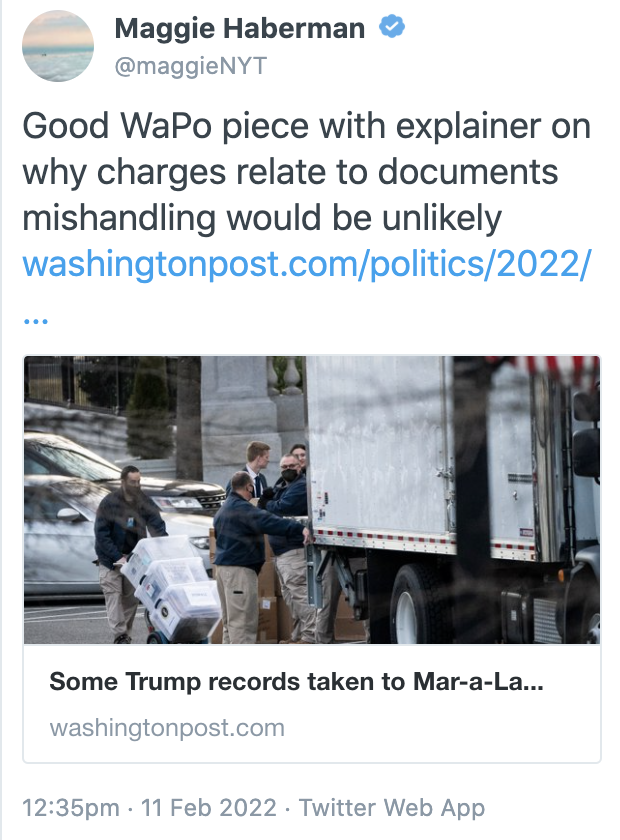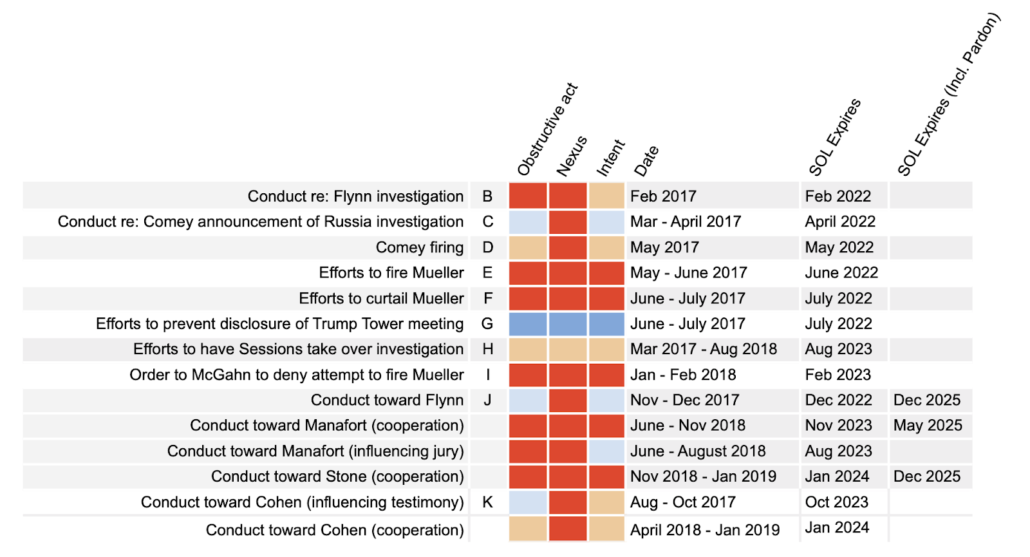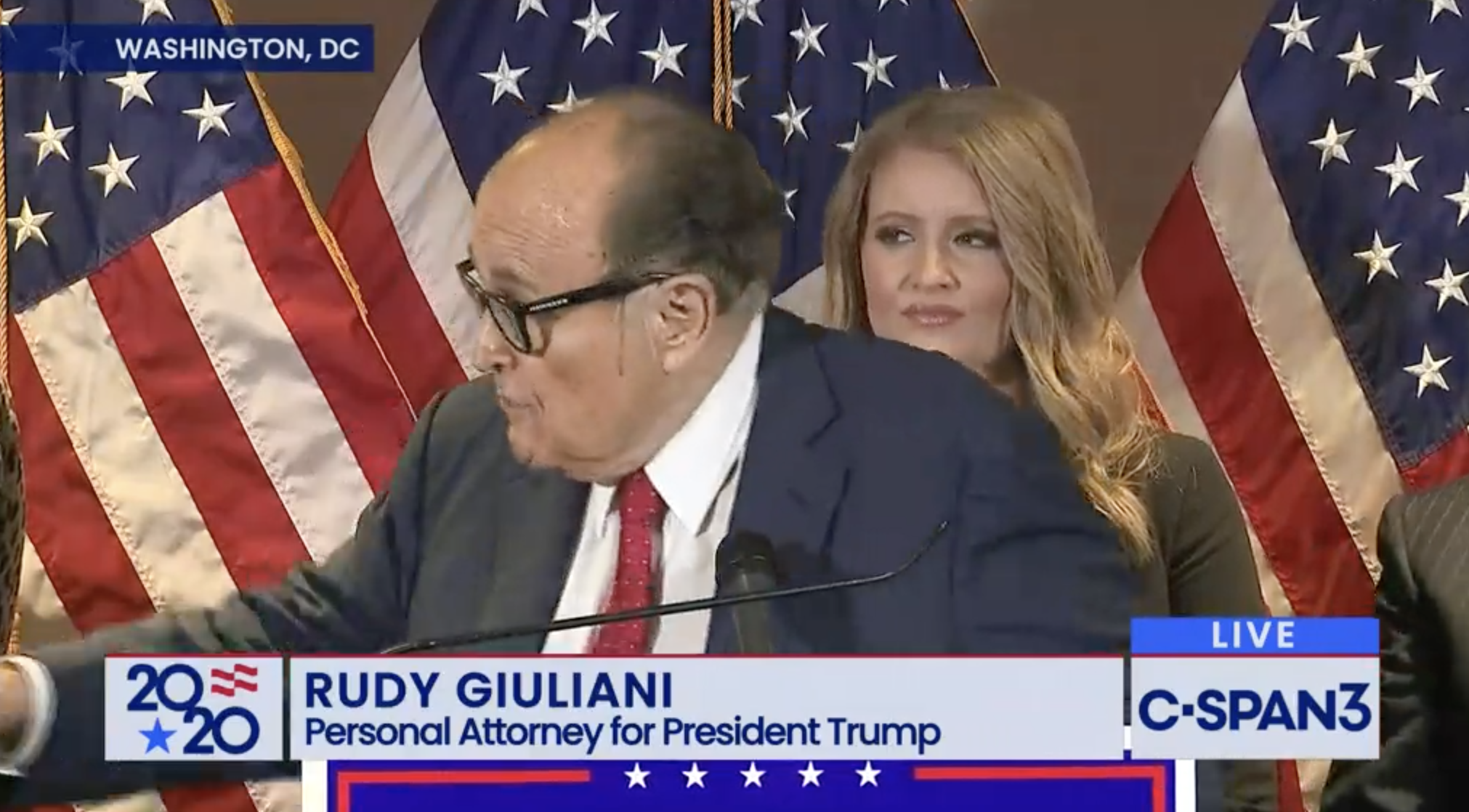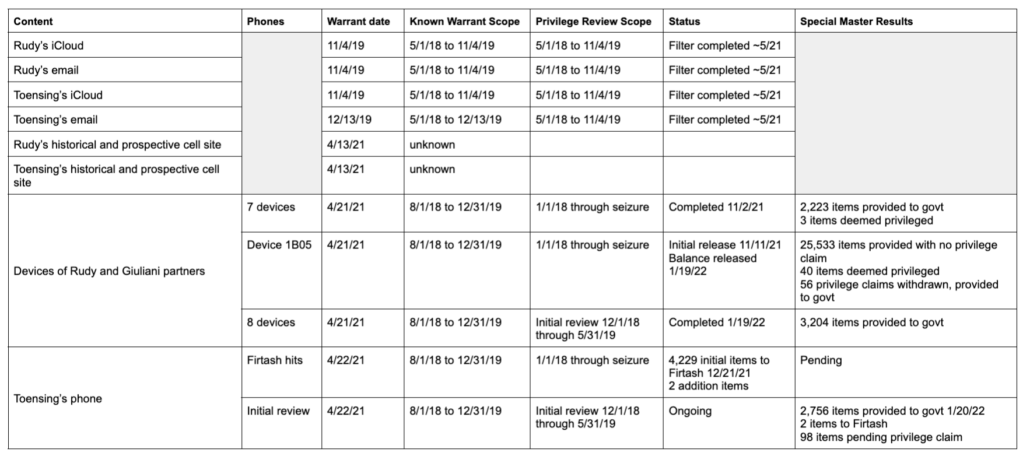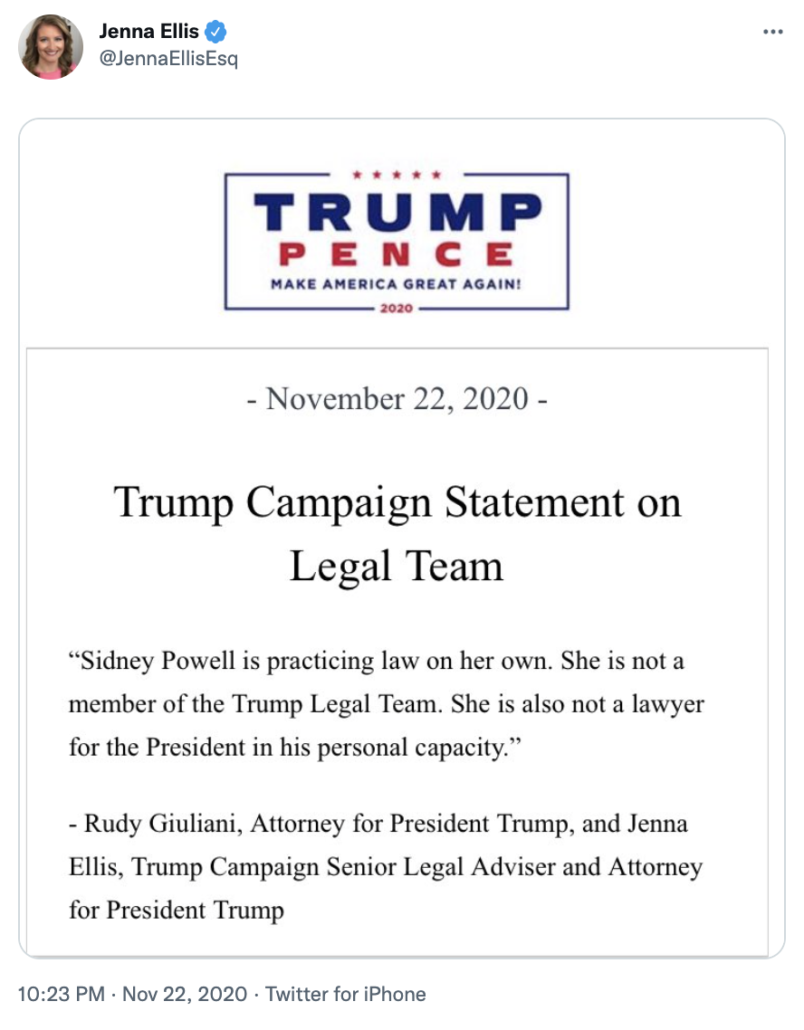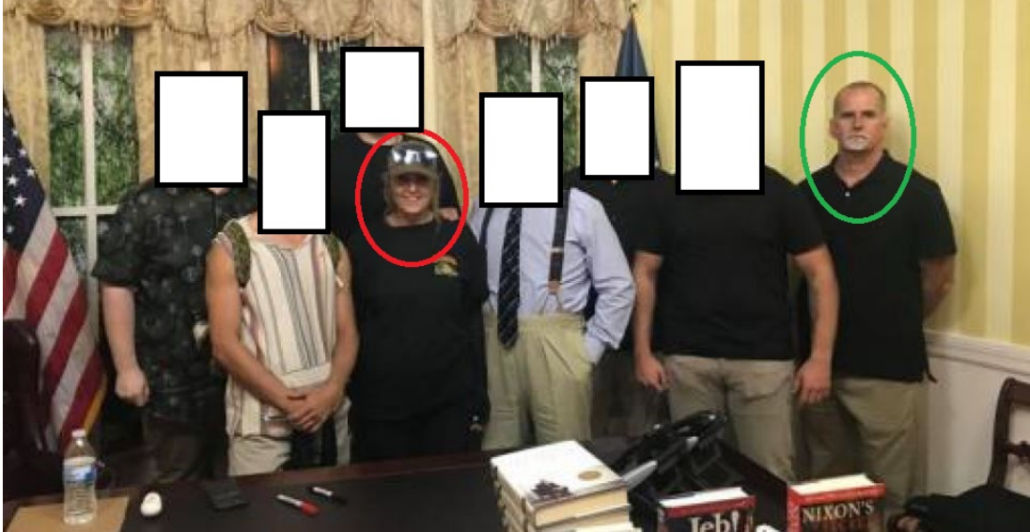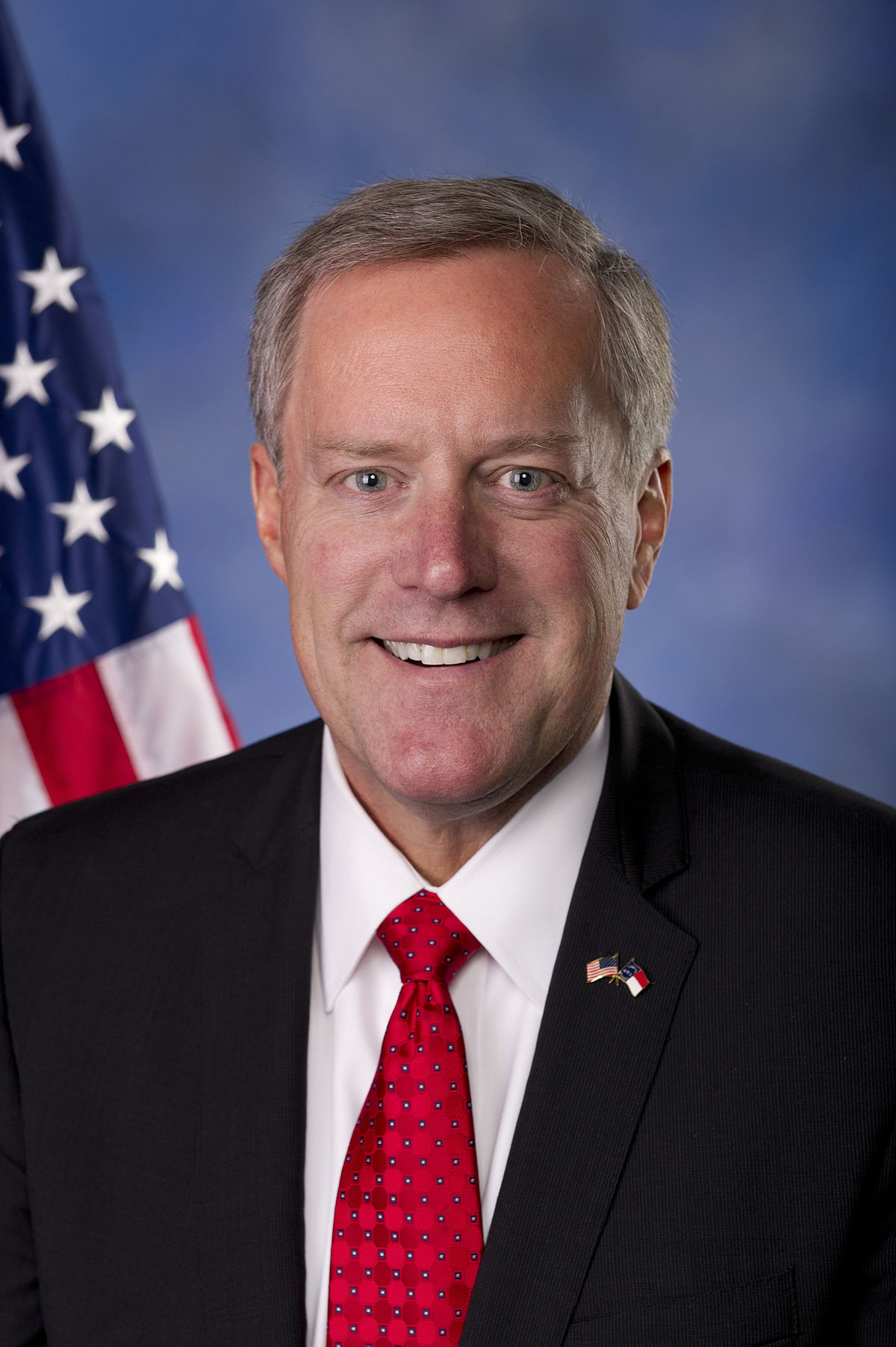How Judge Amit Mehta Argued It Plausible that Trump Conspired with Two Militias
As I noted and you’ve no doubt heard elsewhere, on Friday, Judge Amit Mehta rejected Trump’s motion to dismiss three lawsuits against him, along with those of the Proud Boys and Oath Keepers. This is just the first step in an effort by police and some members of Congress to hold the former President civilly accountable for conspiring to prevent them from certifying the electoral vote on January 6. All he did was rule that the claims, as alleged, were plausible; this is not a ruling that Trump did conspire with two militias.
Judge Mehta’s decision will undoubtedly be appealed, by plaintiffs, the militias, and Trump.
But the decision matters because it lays out a framework to understand Trump’s actions on January 6 as a conspiracy between himself and two militias that played key roles in the insurrection on January 6.
It matters, too, because Mehta is not just any judge. He is well-respected by all involved (indeed, some Oath Keeper defendants have explicitly suggested that retaining Mehta as the presiding judge might worth more than challenging venue). Mehta’s order will carry a good deal of weight with any of his colleagues who might preside over a Trump criminal case, and with the DC Circuit. Plus, as the judge presiding over the Oath Keeper conspiracy and a number of other high profile January 6 cases, he has a far greater understanding of how the day’s events unfolded than, say, Chief Judge Beryl Howell, who is presiding over a disproportionate number of trespassing cases. As I’ll show in a follow-up, his opinion reflects a far greater understanding of January 6 (including, possibly, non-public information) than most others have.
So while this decision is nowhere near the last word on whether Trump conspired with two militias to attack the Capitol, it is a really important first word.
It is plausible that Donald Trump entered into a conspiracy with two militias
As Judge Mehta laid out, accepting the claims alleged as true (which one must do on motions to dismiss), there were five things Trump did that made the plaintiffs’ claims of a conspiracy plausible, which is the standard required to reject the motion to dismiss:
- They agreed to pursue the goal of disrupting the vote certification: “The President, the Proud Boys, the Oath Keepers, and others “pursu[ed] the same goal”: to disrupt Congress from completing the Electoral College certification on January 6th.”
- Trump encouraged means of obstructing the vote count and the militias (and others) carried them out: “He knew the respective roles of the conspirators: his was to encourage the use of force, intimidation, or threats to thwart the Certification from proceeding, and organized groups such as the Proud Boys and the Oath Keepers would carry out the required acts.”
- Trump incited law-breaking: “Based on these allegations, it is reasonable to infer that before January 6th the President would have known about the power of his words and that, when asked, some of his supporters would do as he wished. On January 6th they did so. When he called on them to march to the Capitol, some responded, “Storm the Capitol.” Thousands marched down Pennsylvania Avenue as directed. And, when some were inside the Capitol, they told officers, “We were invited here by the President of the United States.”
- Trump called for collective action: “Fourth, the President’s January 6 Rally Speech can reasonably be viewed as a call for collective action. The President’s regular use of the word “we” is notable.”
- Trump ratified the riot: “And then, around 6:00 p.m., after law enforcement had cleared the building, the President issued the following tweet: ‘These are the things and events that happen when a sacred landslide election victory is so unceremoniously & viciously stripped away from great patriots who have been badly & unfairly treated for so long. Go home with love & in peace. Remember this day forever!’ A reasonable observer could read that tweet as ratifying the violence and other illegal acts that took place at the Capitol only hours earlier.”
Laying out the conspiracy like this is the easy part.
The hard part is finding that the sitting President could be sued, and could be sued substantially for his speech.
The President has no role in certifying the vote count
Mehta got there in three key moves.
The first was dismissing Trump’s claim that his actions amounted to fulfilling his duty to Take Care that election laws were faithfully executed.
President Trump argues that these acts fall into two presidential “functions”: (1) the constitutional duty to “take Care that the Laws be faithfully executed,” U.S. Const., art. II, § 3,
[snip]
President Trump says that he “had an ever-present duty to ensure that the election laws were followed, including the certification process.” Thompson Trump Reply at 3. Quoting from a law review student note, he says that enforcing election laws is “at the core of the executive branch’s duty to faithfully execute the law.” Id.
As Mehta notes, Trump’s law review student note sees the President’s role in enforcing election law to be litigation, not intervening to prevent the actual vote certification.
What President Trump omits from that quote, however, makes his citation grossly misleading. The full quote reads: “However, enforcing election laws through litigation [strikes] at the core of the executive branch’s duty to faithfully execute the law. It must therefore belong solely to the executive.” Lightsey, supra, at 573 (emphasis added). Including “through litigation” completely changes the meaning of the sentence. The President can enforce election laws through litigation initiated by the Department of Justice or the Federal Election Commission, agencies over which he has appointment authority. The case the Lightsey note cites, Buckley v. Valeo, makes that clear: “A lawsuit is the ultimate remedy for a breach of the law, and it is to the President, and not to the Congress, that the Constitution entrusts the responsibility to ‘take Care that the Laws be faithfully executed.’” 424 U.S. 1, 138 (1976). This case, of course, does not involve litigation to enforce federal election laws, and so the President’s reliance on the Lightsey note is inapt.
This comment has further implications, both because Trump’s campaign personally tried to sue to overturn the election results, but failed in spectacular fashion, and because Trump’s efforts to force DOJ to launch such suits failed. Mehta mentions neither of these details, but they do matter in understanding Trump’s actions.
Outside of such litigation, Mehta notes, the Constitution assigns the President no role in certifying the vote count.
[A] sitting President has no expressly identified duty to faithfully execute the laws surrounding the Certification of the Electoral College. So, perhaps it is not surprising that President Trump does not identify any law relating to the Certification that he was purportedly executing through his tweets and the January 6 Rally Speech.
The other legal duties involved in certifying election results are explicitly assigned to other parties, including a co-equal branch of government.
President Trump cites no constitutional provision or federal statute that grants or vests in the President (or the Executive Branch) any power or duty with respect to the Certification of the Electoral College vote, at least in the manner in which he conceives it. That is because there is none. The Constitution spells out the respective responsibilities of various actors in the election of the President.11 The Constitution provides that States are to select Electors who will cast votes for President and Vice President, and the Electors transmit a tally of those votes to the President of the Senate. U.S. Const. art. II, § 1, cl. 3; id. amend. XII. The President of the Senate “in the presence of the Senate and House of Representatives” shall “open all the certificates and the votes shall then be counted.” Id. amend. XII. A sitting President is prescribed no role.
The Electoral Count Act, Pub. L. No. 49-90, 24 Stat. 373 (1887), fills in procedural details not addressed in the Constitution. It, too, prescribes no role for a sitting President.
This language closely models language that DOJ is using in obstruction cases to establish that the vote certification was an official proceeding.
Then-President Trump was not speaking, as President, about matters of public concern
Mehta then dismisses Trump’s claim that he is immune from suit because his January 6 speech simply amounted to him, in the role of President, commenting on matters of public concern.
He bases his approach on a DC Circuit case that ruled that any claim of immunity must be rooted in the actual duties of the office.
Rather than apply the parties’ proffered categorial rules to the immunity question, the court thinks the better course is to evaluate the defense on the specific facts alleged and, based on those facts, determine whether President Trump’s words were spoken in furtherance of a presidential function. That is the approach that the D.C. Circuit took in Banneker Ventures, LLC v. Graham, a case in which then–Board Member of the Washington Metropolitan Area Transit Authority (“WMATA”) Jim Graham asserted absolute immunity from a suit accusing him of improperly interfering with a developer’s ultimately unsuccessful project negotiations with WMATA.
[snip]
“The appropriate focus,” the court wrote, “is on the relationship between ‘the act complained of’ and the corresponding ‘matters committed by law to [the official’s] control or supervision.’” Id. (quoting Barr, 360 U.S. at 573). The court noted that “[o]ne way that an official acts manifestly beyond his authority is through the use of ‘manifestly excessive means,’ even if he does so in the conduct of duties otherwise within his official purview.” Id. at 1141 (citation omitted). The court emphasized that the burden of establishing immunity rests on the official claiming it. Id. at 1140.
Using that as a framework (and spending a paragraph admitting that consideration of a President’s role is a far more weighty matter), Mehta holds that it is not within the scope of the President’s duties to ensure his own incumbency.
In undertaking this analysis, the court starts from the following premise, as to which there should be no dispute: The Office of the President has no preference for who occupies it. Article II of the Constitution, which defines the powers and duties of the President, is agnostic as to whether a sitting President is elected to a new term. So, too, is federal statutory law. A function of the presidency therefore is not to secure or perpetuate incumbency.
He goes allegation by allegation showing that Trump’s alleged actions served to ensure his own incumbency, including this key paragraph laying out the purpose of the Rally itself.
That, too, was the purpose of the January 6 Rally. President Trump invited people to Washington, D.C., for the event. Id. ¶ 32. In a tweet referencing the January 6 Rally, he encouraged his followers to “Never give up.” Swalwell Compl. ¶ 56. On the eve of the January 6 Rally, the President’s tweets turned to Vice President Pence. Blassingame Compl. ¶ 38. The President expressed the view that the Vice President had the power, as President of the Senate, to reject states’ Electoral College certifications and return them to be recertified. Id. The clear purpose of such recertification would be to allow Electoral College votes to be recast in his favor: “All Mike Pence has to do is send them back to the States, AND WE WIN.” Id. These tweets were not official acts but issued to help him “win.”
Via this approach, then, Mehta arrives precisely where DOJ did — in making a Hatch Act argument that campaigning is not among the duties of any federal employee — via different means. It is not the duty of the President to remain President, but that’s what Trump was doing in all the alleged acts.
Trump incited violence (and also ordered his followers to do something unauthorized)
Mehta ultimately judges that Trump’s speech on January 6 meets the Brandenberg test for incitement.
But before he gets there, he makes another important point. It was Trump’s campaign’s idea — and he was personally involved in — sending people on an unpermitted march to the Capitol.
President Trump also allegedly participated directly in the planning. He was involved in decisionmaking about the speaking lineup and music selection. Thompson Compl. ¶ 69. And, critically, to the surprise of rally organizers, President “Trump and his campaign proposed that the rally include a march to the Capitol,” even though the permit they had obtained did not allow for one. Id. ¶¶ 69, 90 (alleging that the permit expressly provided: “This permit does not authorize a march from the Ellipse”).
[snip]
[T]he President ended his speech by telling the crowd that “we fight like hell and if you don’t fight like hell, you’re not going to have a country anymore.” Almost immediately after these words, he called on rally-goers to march to the Capitol to give “pride and boldness” to reluctant lawmakers “to take back our country.” Importantly, it was the President and his campaign’s idea to send thousands to the Capitol while the Certification was underway. It was not a planned part of the rally. In fact, the permit expressly stated that it did “not authorize a march from the Ellipse.”
After a good deal of legal analysis, Mehta conducts a detailed analysis of Trump’s speech, focusing closely on how his call for non-violence come long before an airing of Trump’s false grievances and attacks on Mike Pence, leading up to calls to fight and to walk down Pennsylvania Avenue.
Having considered the President’s January 6 Rally Speech in its entirety and in context, the court concludes that the President’s statements that, “[W]e fight. We fight like hell and if you don’t fight like hell, you’re not going to have a country anymore,” and “[W]e’re going to try to and give [weak Republicans] the kind of pride and boldness that they need to take back our country,” immediately before exhorting rally-goers to “walk down Pennsylvania Avenue,” are plausibly words of incitement not protected by the First Amendment. It is plausible that those words were implicitly “directed to inciting or producing imminent lawless action and [were] likely to produce such action.” Brandenburg, 395 U.S. at 447.
[snip]
That is why the court determines, as discussed below, that Giuliani’s and Trump Jr.’s words are protected speech. But what is lacking in their words is present in the President’s: an implicit call for imminent violence or lawlessness. He called for thousands “to fight like hell” immediately before directing an unpermitted march to the Capitol, where the targets of their ire were at work, knowing that militia groups and others among the crowd were prone to violence.
It’s not just the call for violence and Trump’s awareness (because of the threats leading up to January 6) that violence was likely to result. It’s also the call for a march that was not permitted.
That is, it’s not even just speech, or just incitement to violence. It’s also the call for a march that the campaign knew was not permitted.
While Mehta obviously returns to the unpermitted march over and over, he doesn’t dwell on the significance of it. That’s not the task before him. Moreover, though he alludes in passing to Alex Jones’ role (which I may return to), that likewise is not a developed part of the complaints before him.
The alleged complaints — the most recent of which was filed in March, an eternity ago in our understanding of January 6 — primarily focus on a theory of incitement.
But Trump did more than that. After riling up his supporters, he told them to do something he could have permitted but did not: march to the Capitol, to confront lawmakers directly.
Related Posts
Judge Mehta Observes that Roger Stone’s Role on January 6 “May Prove Significant in Discovery”

